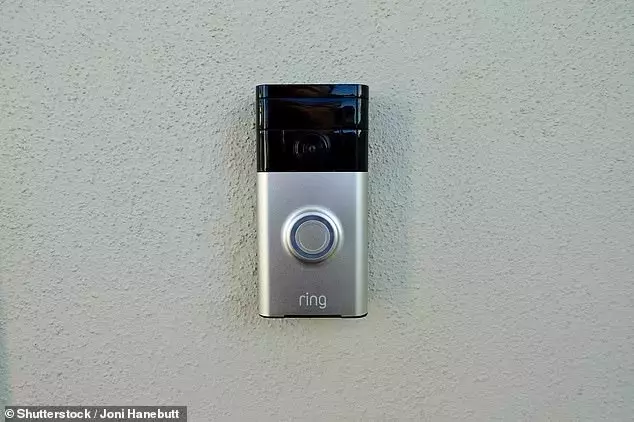




In an increasingly interconnected world, the boundaries of personal privacy are constantly being redefined, particularly within our own homes. The proliferation of smart home devices, such as the widely adopted Ring doorbell, has introduced a new dimension to neighborly relations, raising significant questions about surveillance and the right to private life. This report sheds light on the dilemmas faced by individuals who find themselves under the potential gaze of a neighbor's camera, exploring the legal frameworks and practical steps available to safeguard one's personal space.
Protecting Your Space: Legal and Practical Steps Against Unwanted Surveillance
The issue gained prominence when a concerned resident, observing their neighbor’s newly installed Ring doorbell, voiced apprehension about their family, especially young children, being inadvertently recorded. This individual, whose living room and master bedroom offer a clear view of the street, articulated a profound discomfort with the constant possibility of being watched, highlighting the subtle yet potent invasion of privacy.
In response to such widespread concerns, legal experts have weighed in, offering crucial insights into the existing legal landscape. Scarlett Doyle, a distinguished solicitor specializing in property disputes at RWK Goodman, emphasized the delicate balance between a homeowner's right to secure their property and a third party's right to privacy. She referenced the Information Commissioner's Office (ICO) guidelines, which stipulate that surveillance cameras should primarily focus on the owner's property. Any footage extending beyond this boundary is subject to data protection laws, affording individuals the right to request access to recordings that may contain their personal information.
Adding to this, Karolina Kupczyk, a partner specializing in dispute resolution at Hodge Jones & Allen Solicitors, underscored that while security is paramount, it should not infringe upon an individual's right to the peaceful enjoyment of their home. She highlighted that the General Data Protection Regulation (GDPR) and the Data Protection Act 2018 govern such situations, requiring camera usage to be proportionate, transparent (e.g., through signage), and for a clear purpose. Furthermore, recordings must be stored securely and not retained longer than necessary.
For those feeling their privacy is compromised, both legal experts suggested initial steps focused on amicable resolution. A polite conversation with the neighbor to express concerns and explore options, such as adjusting the camera's angle or utilizing privacy zone features available on devices like Ring, is highly recommended. If direct communication proves unfruitful or the neighbor is uncooperative, individuals possess the right to submit a Subject Access Request (SAR) for any footage capturing them or their property. This formal request, which must be in writing, prompts a response within one month. Should these measures fail, escalating the complaint to the ICO or seeking legal counsel for persistent or intrusive surveillance remains an option.
Amazon, the manufacturer of Ring doorbells, also provided a statement, advocating for neighborly respect and adherence to local laws. They highlighted features within their devices, such as customizable motion zones and privacy zones, designed to help users control recording areas and protect the privacy of others. They also encourage users to inform their neighbors about the installation of their devices, fostering a sense of community and transparency.
This evolving scenario prompts us to consider the fine line between security and individual liberty in our increasingly surveilled environments. While technology offers undeniable benefits for home security, it also necessitates a renewed focus on digital etiquette and the responsible use of personal data. As a society, we must continue to advocate for robust privacy protections and encourage open dialogue within communities to navigate these modern challenges, ensuring that the comfort and sanctity of our homes remain uncompromised.
